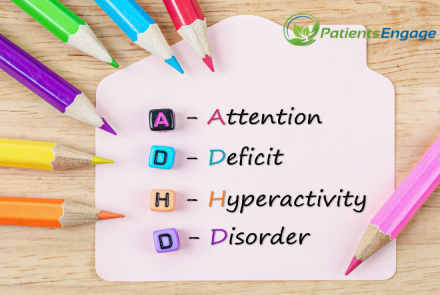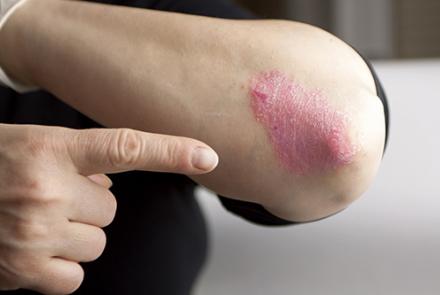Dr. Pettarusp Wadia, Consultant Neurologist and Movement Disorder Specialist, Jaslok Hospital and Research Centre, Mumbai, speaks to Dr Shital Raval about the latest treatments to manage Parkinson’s Disease.
Is Parkinson's a genetic condition?
In about 5% of the adult population and 25% of the young-onset Parkinson's disease population, a single gene can be identified. However research is on to identify if certain genes make a person more susceptible to develop…
Latest Stories
- What are Autism Spectrum Disorders Autism spectrum disorders (ASDs) are a group of complex disorders with three core features: Qualitative impairment in social interaction Qualitative impairment in communication Restricted, repetitive and stereotypic patterns of behaviour, interests and activities. It is a complex neurological disorder that affects the functioning of the brain and, in particular, the processing of social information. This affects how a person sees and understands the world…
- Depression can manifest itself in many different ways. Learn to recognise signs of depression in a friend or a family member. Counsellor Animitra Ghatak shares the surprising signs of depression and how you can help. Depression is a mood disorder that may affect any of us at some point in our lives. This can be triggered by setbacks in life, bereavement or a chronic illness. Depression is not just about feeling sad or down. It affects the mind and the body. It…
- Maveen Pereira is a mother of a young adult on the autism spectrum. She tells you what to do when your child seems to be acting out tantrums or seems to be out of control. TANTRUMS: 1. Be Prepared for one: It is important to know what triggers a tantrum, how long these normally last, how it is manifested (violence to self, violence to others, jumping,…), what would prevent one from happening (e.g. preparing the child for a change in the routine if change…
- Is stress causing your eczema flare-up? Dr Gita Mathai suggests remedies for different triggers What is eczema? The name ‘eczema’ covers a broad spectrum of skin diseases all of which are characterised by itchy, red, crusting and scaling. The skin eventually becomes thickened and hyper pigmented. What are the types of eczema? Atopic dermatitis is the commonest type of eczema. It is caused by various allergies. It affects 20% of children worldwide. Children can ‘outgrow’ eczema, it can…
- This is a caregiver training video resource from HCA Hospice Care, Singapore. It shows how you can gently massage to soothe an elderly person or a patient.
- Mark Zuckerberg spoke recently about the three miscarriages his wife suffered before their successful pregnancy. Most people prefer not to talk about it, but, as Dr Chandan Dubey, obstetrician and gynaecologist, says, it’s fairly common with one in five pregnancies ending in miscarriage. Loss of a pregnancy before 24 weeks is called a miscarriage. It is a common occurrence. One in every five confirmed pregnancies ends in a miscarriage. For these women the result is emotional and mental stress,…
- Caring for a GERD Patient Heartburn is the most common symptom of this condition, although some GERD sufferers don't feel heartburn but instead experience chest pains and difficulty swallowing. Fortunately, with proper treatment and monitoring of the patient, the onset of more serious conditions can be prevented. Use the following suggestions to help comfort your family member or patient and ease the painful symptoms of GERD. Follow Up After the initial GERD diagnosis, a follow-up doctor'…
- In addition to medication to manage GERD, lifestyle changes are an important element of managing the condition: Lose weight. Obesity is the leading cause of GERD. Extra stomach fat places pressure on your abdomen, pushing gastric juices up into your esophagus. Avoid foods known to cause reflux. If you're at risk for GERD, avoid: Fatty foods Spicy foods Acidic foods, like tomatoes and citrus Mint Chocolate Onions Coffee or any caffeinated beverage Carbonated beverages Eat smaller meals…















